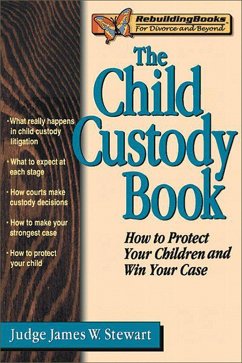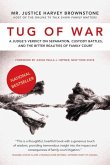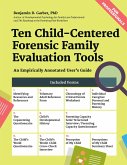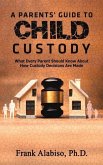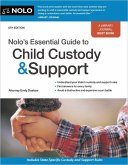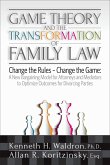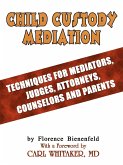"It it almost always in your children's best interest to settle a case -- with or without mediation -- rather than to litigate," said Judge Stewart. His book clearly and concisely explains the process of court child custody litigation. It shows how custody decisions are made and how parents can insure that their abilities are clearly presented to persons with influence over the custody decision. Helps eliminate surprises that lead to costly mistakes. Chapters include: How to Conduct Yourself During the Custody Evaluation; Protecting Your Child; Child Abuse and False Accusations of Molestation; Domestic Violence: Things Have Changed; Parental Alienation; Will the Court Be Fair? Gender Bias, Forum Shopping, and Challenges.

